Babies born at weekends 'have higher death risk'
- Published
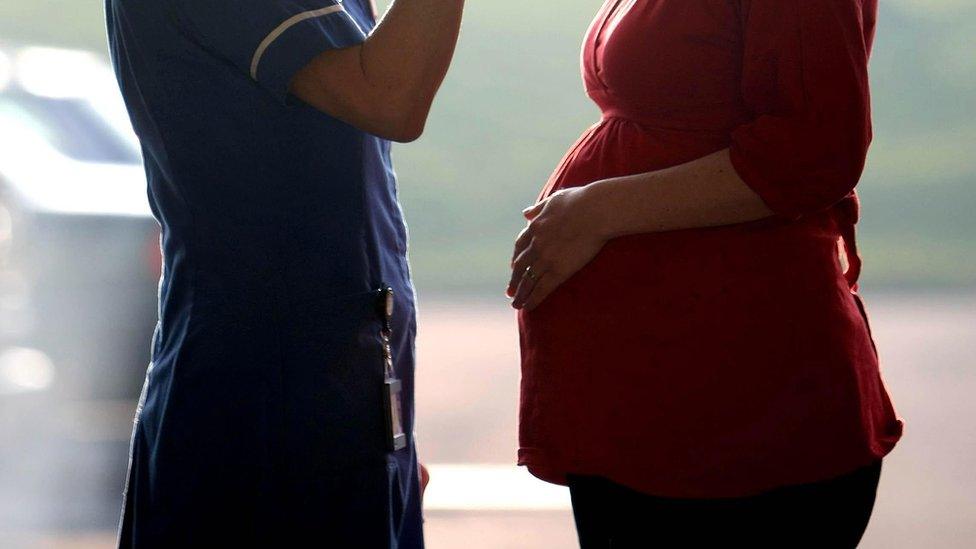
Babies born in hospitals in England at the weekends have a "significantly" greater chance of dying than those born on weekdays, researchers say.
A study of more than 1.3 million births found there were around 7.1 deaths per 1,000 babies delivered at weekends.
This was 7% higher than on weekdays.
The Imperial College London team said if all days had the same death rate as Tuesday, which has the lowest, there would be 770 fewer deaths per year.
The researchers said that while the death rates were low, the difference was significant and raised fresh concerns about standards of care at the weekend.
Strike action
In September, a separate study, external suggested that patients admitted for care at weekends had a higher risk of death within 30 days than those admitted during the week.
That research has been used by ministers in their drive to increase the availability of services at weekends - a policy that has put them at loggerheads with the medical profession and led junior doctors to vote in favour of taking strike action, starting from next week.
The latest study, external - published in the British Medical Journal - looked at the numbers of stillbirths or deaths within seven days in hospital from 2010 to 2012.
It took into account risk factors such as deprivation and the age of the mother, along with the fact that planned Caesarean sections, which carry low risks, normally take place during the week.
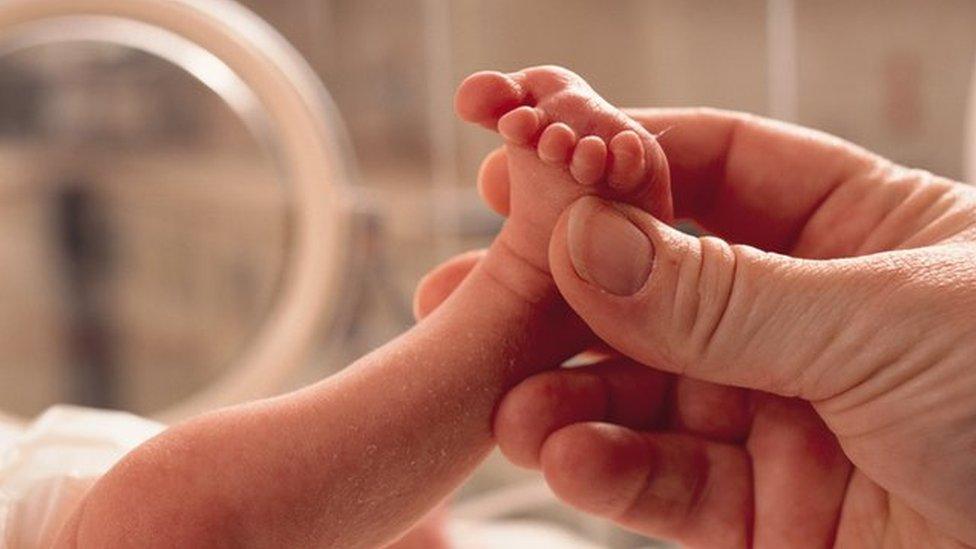
In total, there are on average 4,500 deaths a year from 675,000 births.
Infection rates for mothers and injuries to the babies, including anything from cuts to brain damage, were also higher at weekends.
Although the single day with the highest risk of death was actually Thursday, but averaged out weekends had higher rates than weekdays.
Researchers said they could not identify the cause of the higher risks.
They looked at staffing levels in terms of which hospitals were compliant with the guidelines for consultant cover, and found little difference between those that were and those that were not.
But they said much more data was needed on staffing before it could be ruled out.
Growing birth rate
Lead researcher Dr William Palmer said the higher rate of deaths and other problems was "concerning" and needed further investigation.
A spokeswoman for NHS England said: "Most mums say they get excellent NHS maternity care, but for a small number of families that is not the case and it's vital that we take every step to continuously improve quality and safety.
"We have commissioned a wider independent review of NHS maternity services, which will assess how best we can respond to England's growing birth rate and the need for well-staffed and safe services that give mums more say over their care."
Dr David Richmond, president of the Royal College of Obstetricians and Gynaecologists, said: "Although no definitive conclusions can be drawn from these results, they emphasise the need to identify the possible causes in order to ensure that women are receiving high-quality care at any given day of the week."
- Published19 November 2015
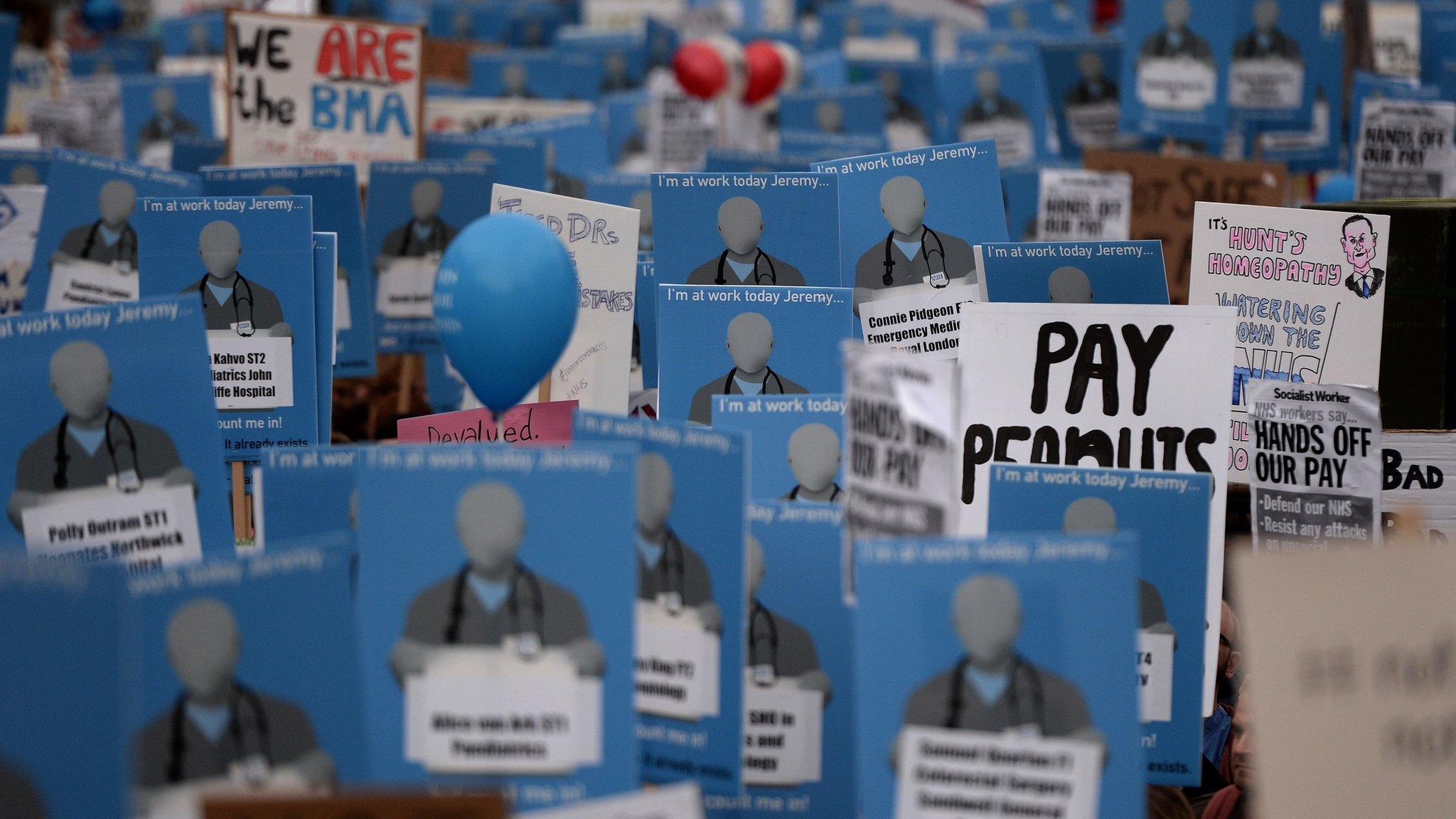
- Published6 September 2015
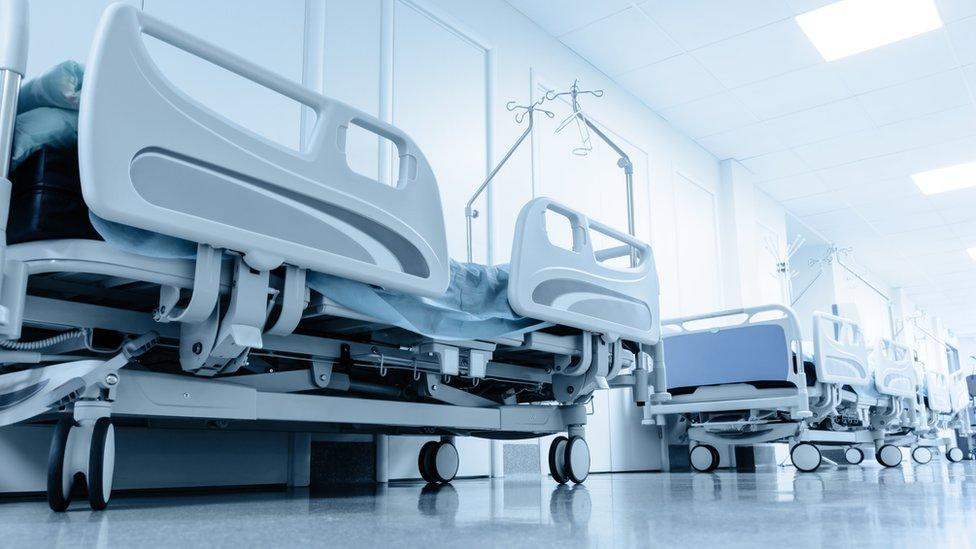
- Published16 July 2015
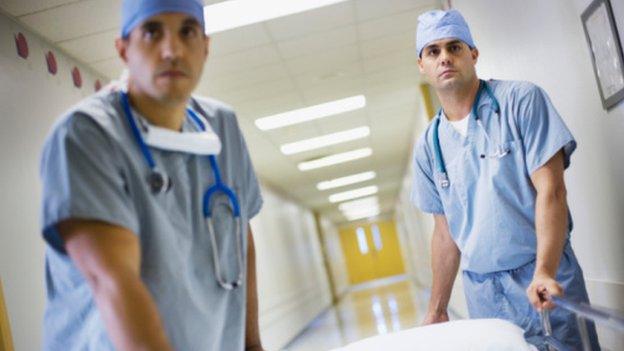
- Published16 July 2015
- Published21 June 2015
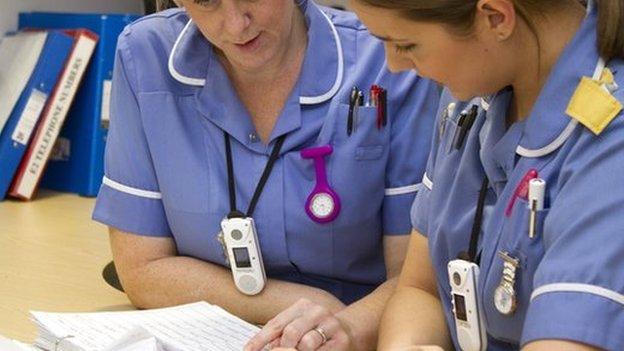
- Published19 June 2015